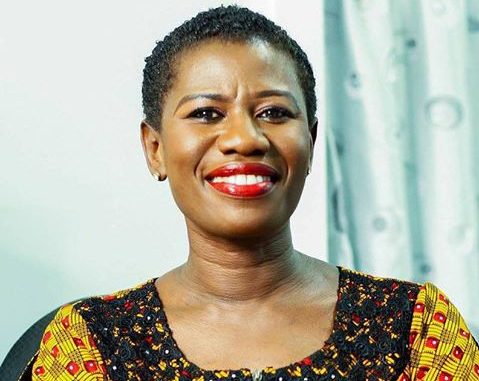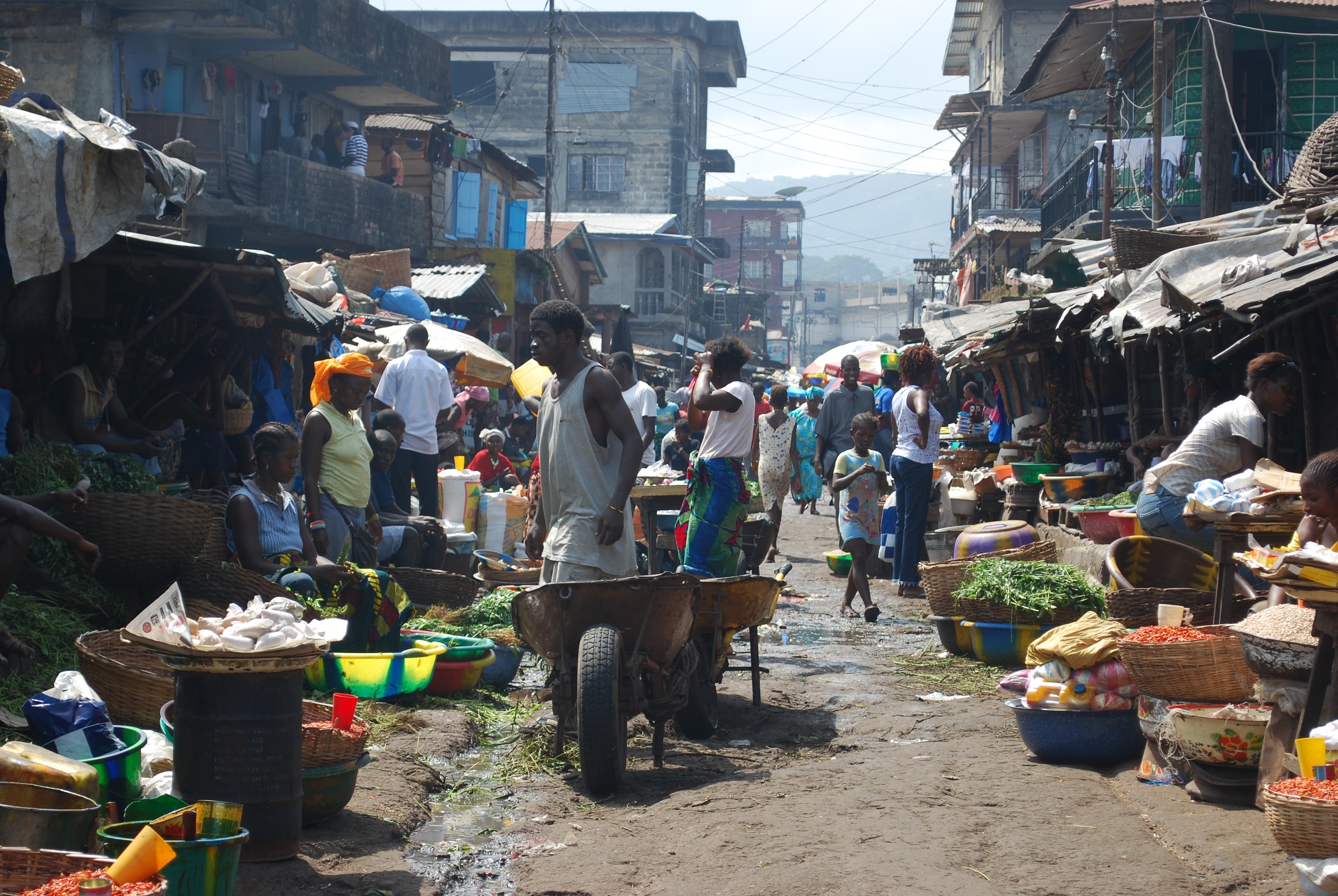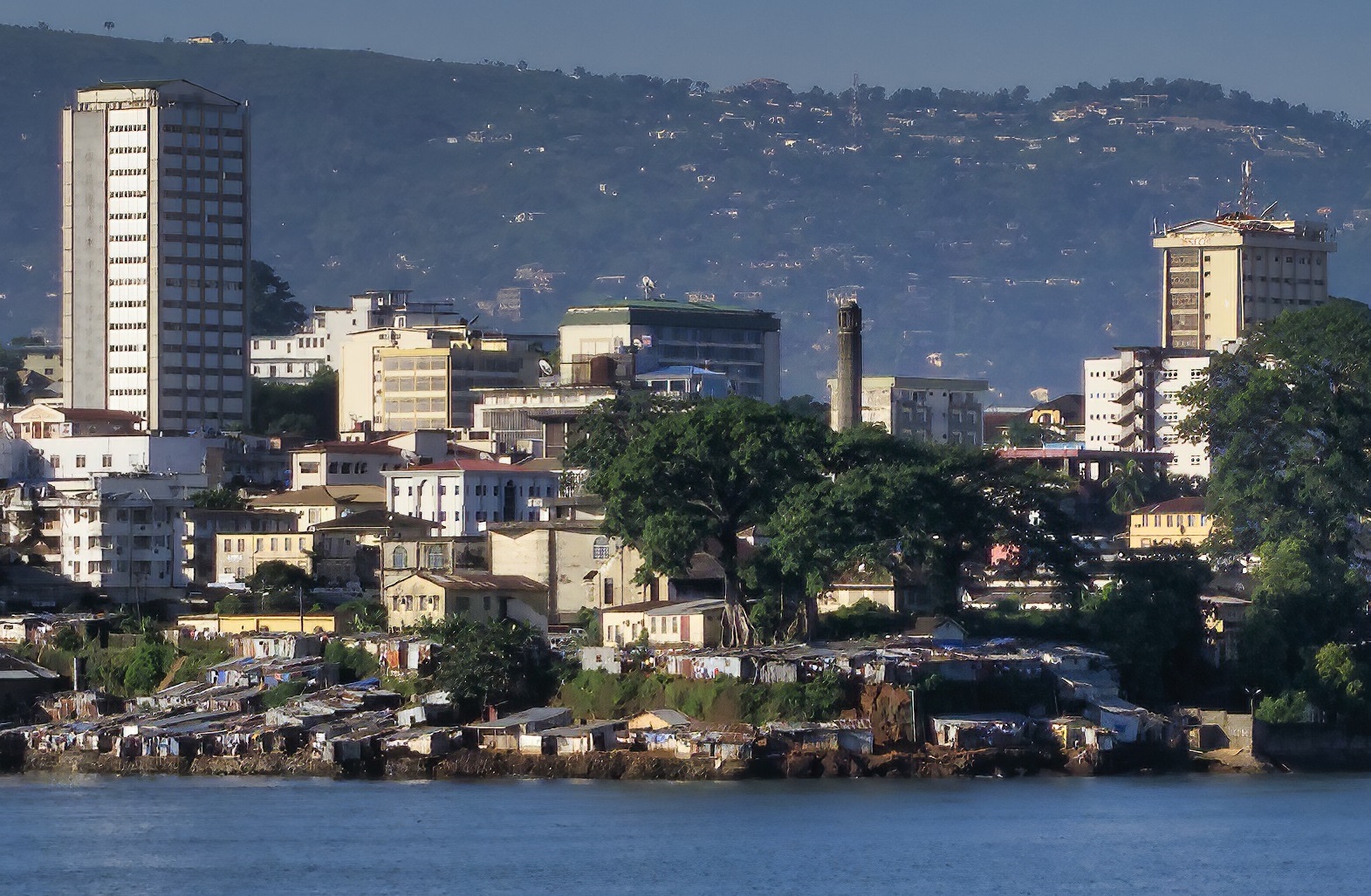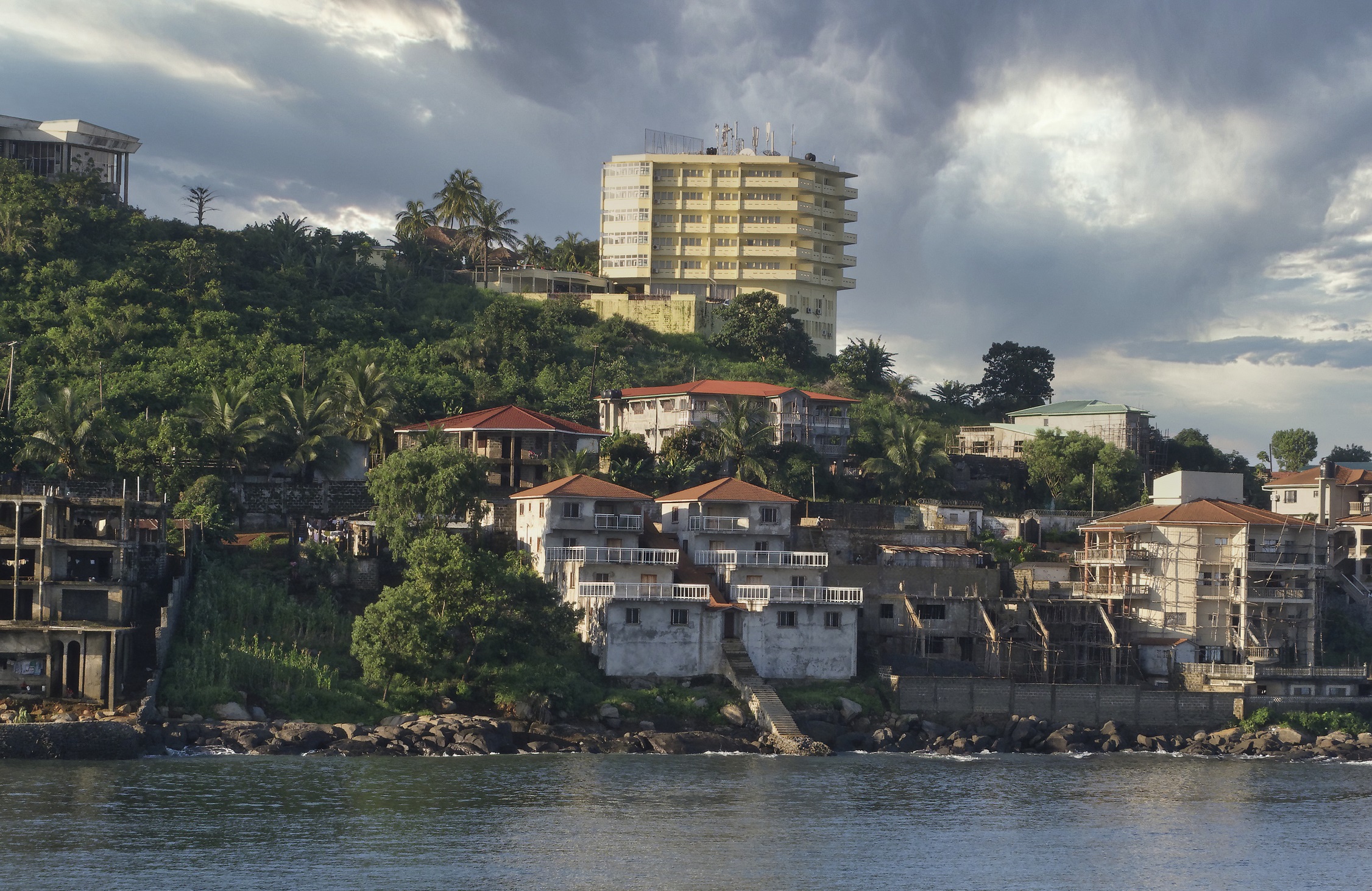Mayor of the moment

Yvonne
Aki-Sawyerr
Freetown

As mayor of a city in a developing nation recovering from internal conflict, how have you managed to prioritise inclusive growth? #TransformFreetown has inclusiveness and community ownership among its core principles. Community focus groups of 15,000 residents were involved in validating the priority sectors of #TransformFreetown and developing targets and initiatives. Inclusiveness has continued with the participation of community-based organisations, the private sector, government ministries, department and agencies, NGOs and development partners engaging in the implementation of #TransformFreetown through technical sector working groups. Additionally, #TransformFreetown emphasizes social inclusion for some of Freetown’s most vulnerable. One of its 11 priority sectors is dedicated to persons living with disabilities, and its Human Development Cluster (which includes the education, skills development, job creation and disabilities priority sectors) focused on women and girls. Beyond this, targets in sectors such as urban planning and housing are designed to deliver infrastructure improvements that will help those living in informal settlements. What are the biggest obstacles you have faced in the fight against inequality? Non-implementation of decentralisation of land use planning and building permit issuance is our biggest obstacle to equality. It results in the development of communities in areas that are hazard-prone and inaccessible, making municipal services delivery (from sanitation to health to primary education) impossible or very costly. It also results in the destruction of vegetation, which exacerbates climate change and increases flooding risks.

You’re quoted as saying that “to demonstrate that something can happen, we need to get people believing in the city.” You’ve also worked hard to include citizens in decision-making processes through town hall meetings and community-needs assessments. What have you learned from taking this citizen-led approach? The inclusion of citizens in decision-making processes with a common objective (#TransformFreetown) has been overwhelmingly positive and inspired residents (both corporates and individuals) to engage with various initiatives, providing much needed human and financial resources. This level of engagement (and another round of such meetings is planned for the second or third quarter of 2020) has helped with tax and byelaw compliance. There are clearly still significant compliance challenges, but citizen participation in the Council’s roll out of #TransformFreetown has had a positive impact. The introduction and widespread adoption of the term “Freetonians” to refer to our residents has been part of this process.

You are the first women mayor of Freetown in 40 years, and are leading in a still very male-dominated environment. On International Women’s Day, what advice would you give to young women and girls looking to follow in your footsteps? As I ponder this question, I am reminded that another woman once said, “Women hold up half the sky”. My advice to young women and girls would be to remember that inclusion is our right and that society stands to benefit from our participation in all spheres of life, including governance. Women have so much to offer because we enrich the handling of complex local government issues (Eg. planning, decision-making, strategic thinking and operations) by bringing a different viewpoint and approach. This approach, influenced by exposure to the challenges many women face in their day-to-day lives, is generally more inclusive and thus often more beneficial to all urban residents. So for young women and girls thinking about serving in local government, I say, “step forward boldly to take your space”.

